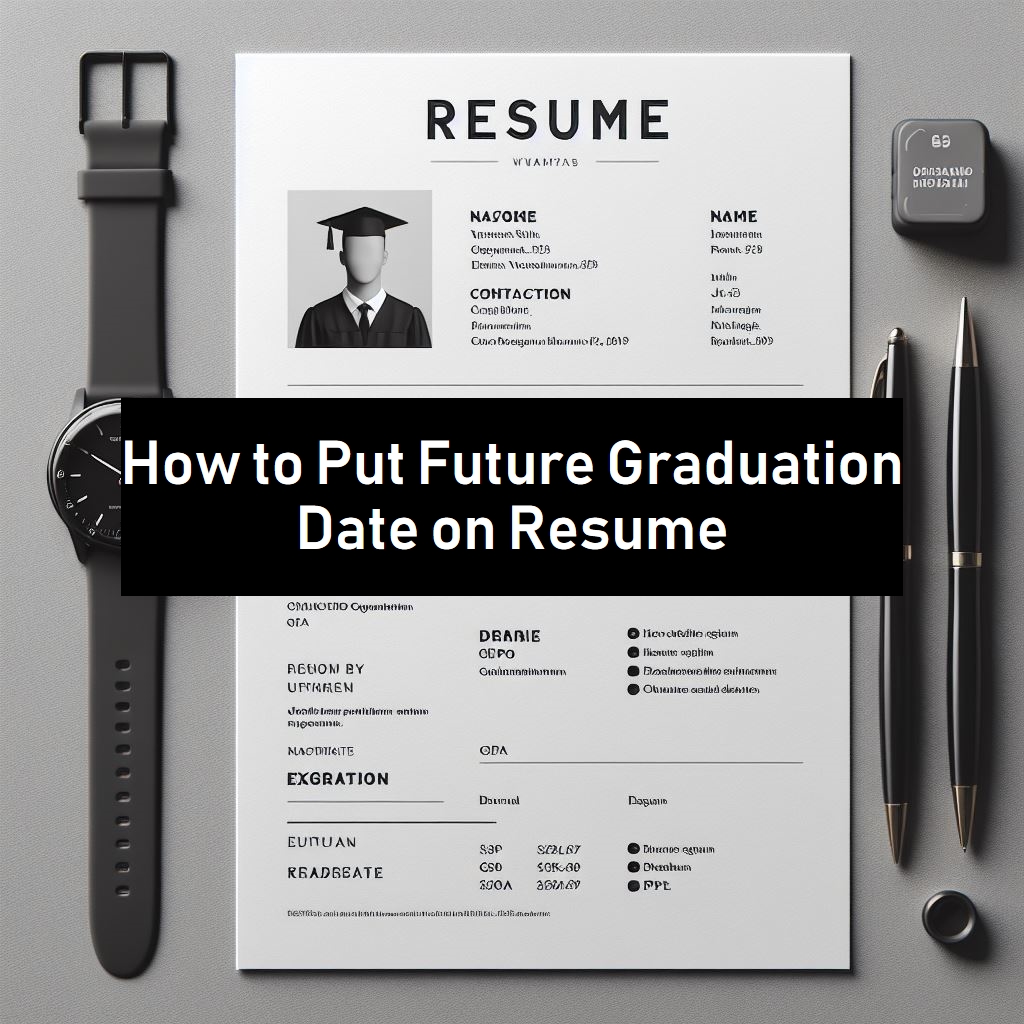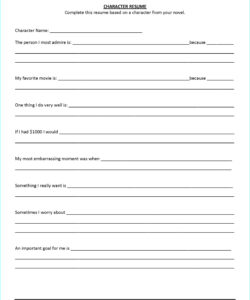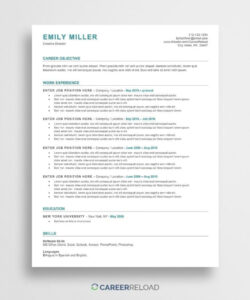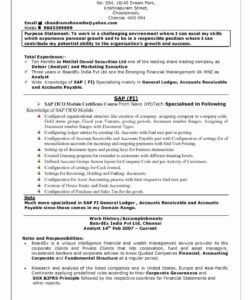Graduating from college is a significant accomplishment, and it’s essential to highlight it on your resume. However, if you haven’t graduated yet, you might be wondering how to include your future graduation date on your resume. In this article, we’ll discuss how to put your future graduation date on your resume and provide some tips to help you stand out from the competition.
Why Include Your Future Graduation Date on Your Resume?
It’s essential to include your future graduation date on your resume because it shows potential employers that you’re committed to finishing your degree. It also demonstrates that you have a plan for your future and are taking steps to achieve your goals. Including your future graduation date on your resume can also help you stand out from other candidates who may not have a clear timeline for completing their degree.
When you include your future graduation date on your resume, it’s important to be honest about your expected graduation date. If you’re unsure of your graduation date, you can estimate it based on your current progress and the requirements for your degree. However, it’s essential to update your resume with your actual graduation date once you’ve completed your degree.

How to Include Your Future Graduation Date on Your Resume
There are several ways to include your future graduation date on your resume. One option is to list your expected graduation date next to your degree program. For example:
Bachelor of Science in Computer Science, Expected Graduation Date: May 2024
You can also include your future graduation date in your education section. For example:
Education
Bachelor of Science in Computer Science, XYZ University, Expected Graduation Date: May 2024
When you include your future graduation date on your resume, it’s important to be consistent with your formatting. Make sure that you use the same format throughout your resume and that your future graduation date is easy to find.
Conclusion
Putting your future graduation date on your resume is an excellent way to show potential employers that you’re committed to finishing your degree and have a plan for your future. By following the tips in this article, you can include your future graduation date on your resume in a way that’s professional and easy to read.
FAQ
Q: Should I include my expected graduation date if I’m not sure when I’ll graduate?
A: Yes, you should include your expected graduation date even if you’re not sure when you’ll graduate. You can estimate your graduation date based on your current progress and the requirements for your degree. However, it’s essential to update your resume with your actual graduation date once you’ve completed your degree.
Q: Can I include my future graduation date if I haven’t been accepted into a program yet?
A: No, you should only include your future graduation date if you’ve been accepted into a program and are actively working towards your degree.
Q: Should I include my GPA on my resume?
A: It depends on the job you’re applying for and your level of experience. If you’re a recent graduate with limited work experience, including your GPA can help demonstrate your academic achievements. However, if you have significant work experience, your GPA may be less important.


